The Handmaid's Tale Context
1/35
There's no tags or description
Looks like no tags are added yet.
Name | Mastery | Learn | Test | Matching | Spaced | Call with Kai |
|---|
No analytics yet
Send a link to your students to track their progress
36 Terms
Nuclear Plant Accidents
Historical context:
- Pieixoto refers to them in the historical notes.
- Prior to publication the most serious had been the 'Three Mile Plant' incident in America.
- Ironically, short after publication in 1986 Chernobyl in Ukraine became the most notorious accident, an area which is still radioactive.

Slavery
Historical context:
- The "children of ham" in Gilead represent the black population and are displaced from society.
- Slavery in the USA was abolished in 1865.
- The Underground Railroad had been used as an escape route in northern USA to Canada, helped by Quakers. It took slaves from safe house to safe house to freedom in Canada. (femaleroad referred to in chpt 38)
- Like the slaves, Handmaids are referred to by their patronymic, they are separated from their birth families, they are tattooed, and should they escape, they are severely punished.
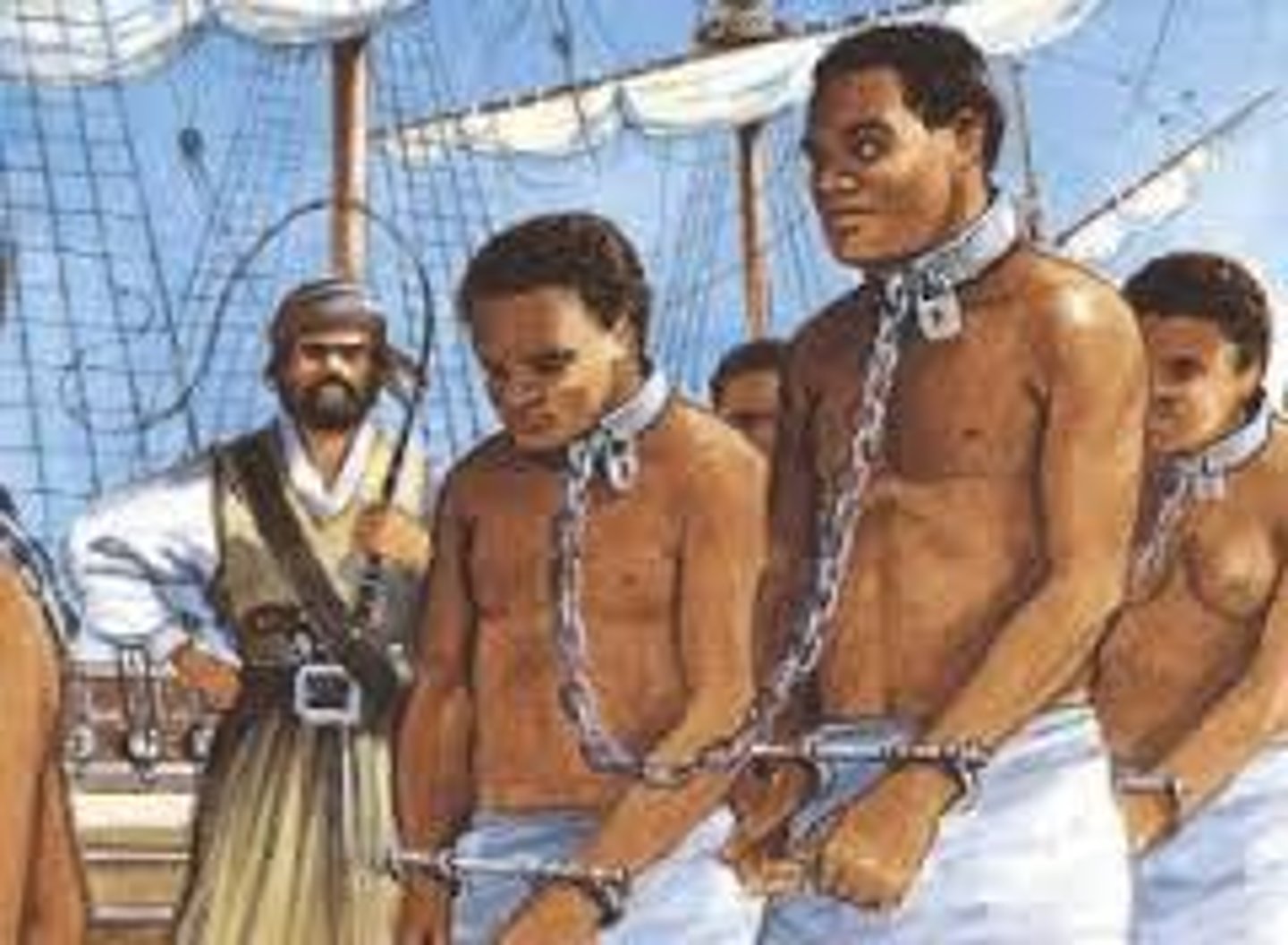
AIDS
Historical context:
- AIDS was a real life pandemic. It was first recognised in the early 80s.
- By the end of 1985 every region in the world had reported cases.
- It is spread by sexual activity.
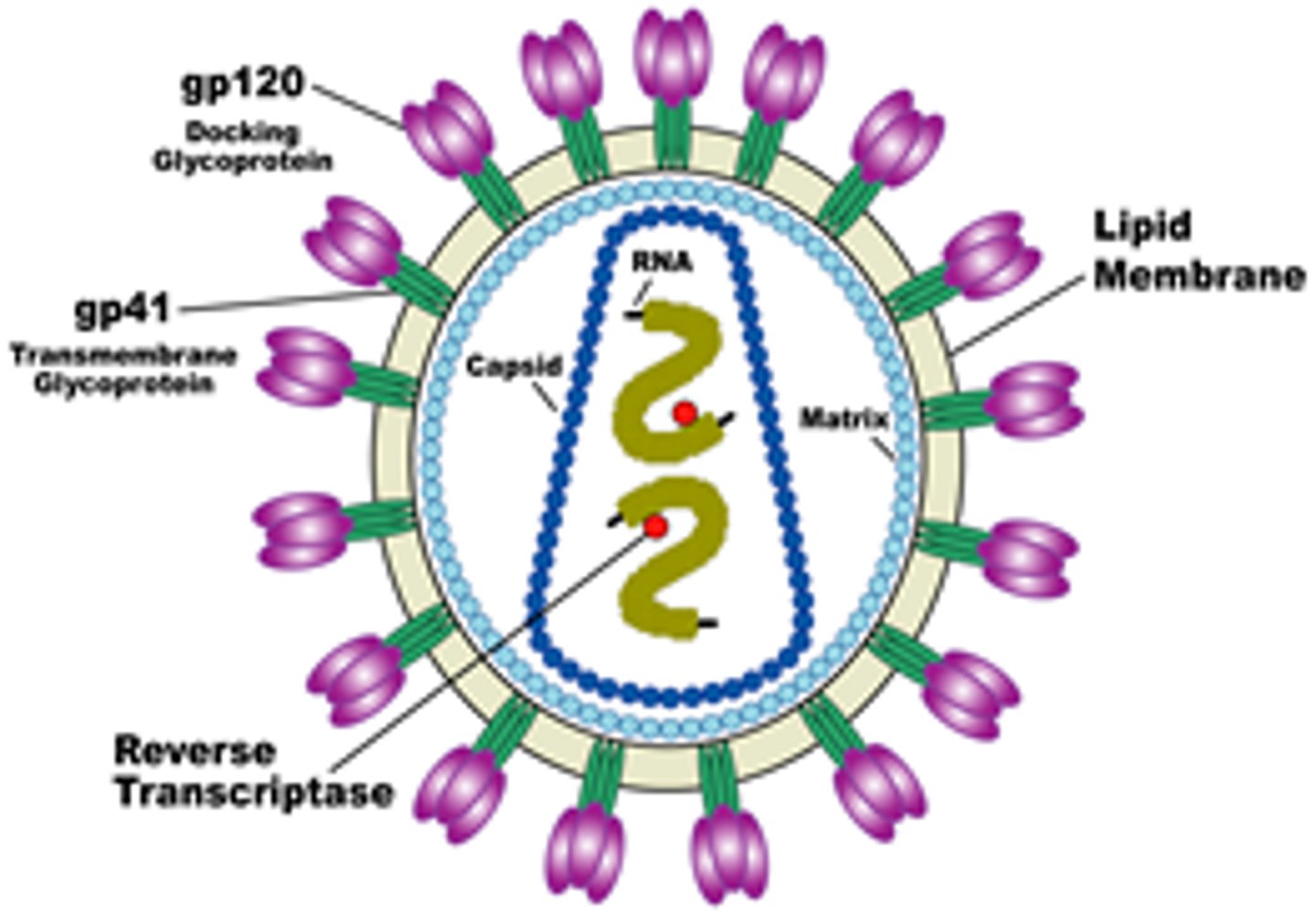
Romanian Children
Historical context:
- Pieixoto mentions the banning of birth control in Romania as providing precedent for Gilead.
- In 1966, under Ceausescu's dictatorship, abortion and birth control were banned to increase population.
- Many children were abandoned.
- Atwood uses this real disaster to make the reader reconsider Gileadean laws.
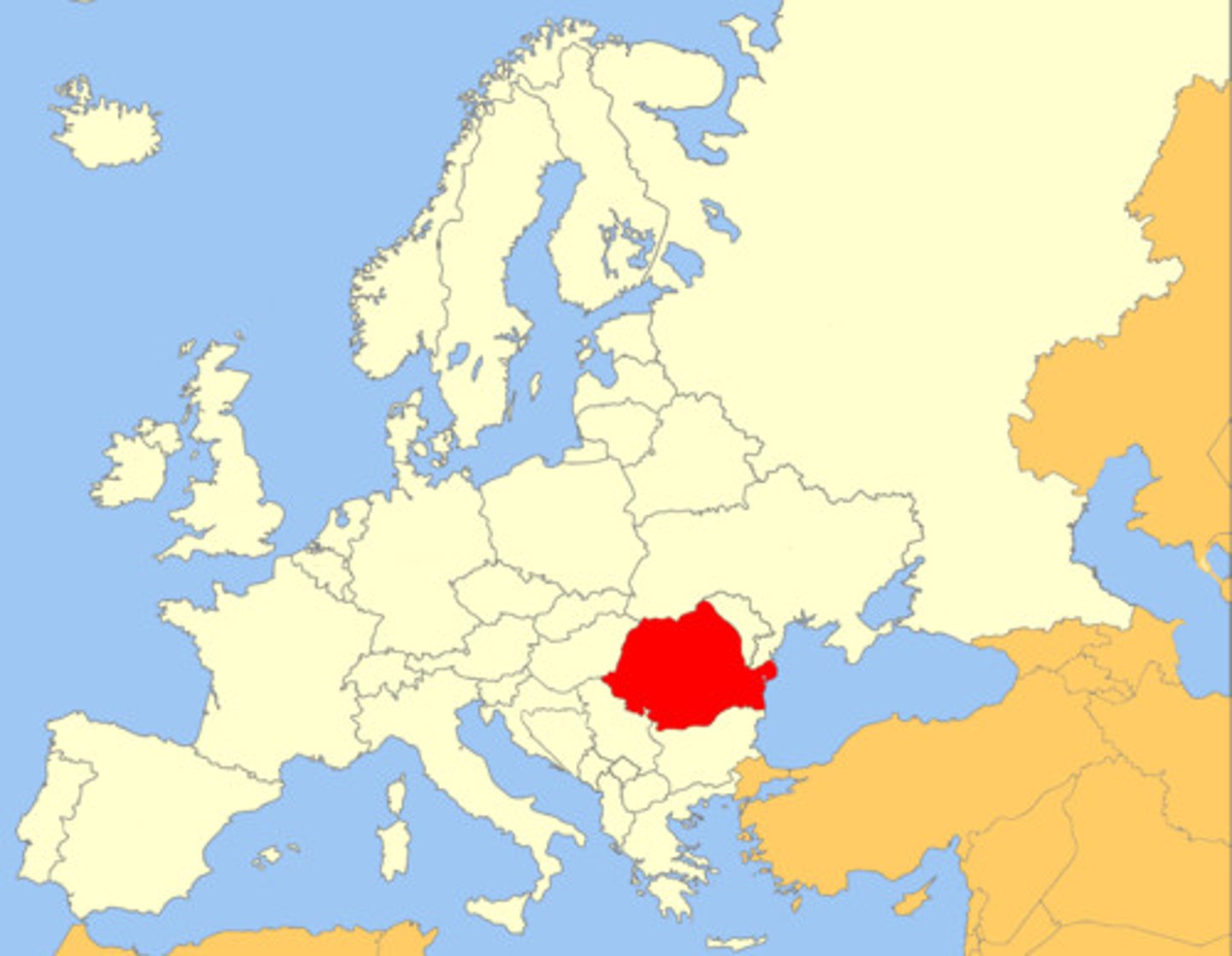
The Feminist Movement (1970s)
Historical Context:
- It demonstrated more women seeking liberation in a time Atwood herself was in her 20s/30s.
- In the novel, Offred's mother was a feminist; she gives birth at 37, attends rallies, and fights for women's rights, all aspects Gilead suppresses. -
Pieixoto refers to events in the "immediate pre-Gilead period", namely, those of the 1970s.
- Atwood also shows those against feminism in characters like Serena Joy, based on Phyllis Schlafy, an anti-feminist right wing who believed a woman's place was in the home.
- Atwood creates a novel where events are viewed from a female perspective.
Atwood draws upon the growing idea during the 80s that women were somehow responsible for rape committed against them. Often, the victim would be put on trial for wearing provocative clothing etc. (chpt 13)
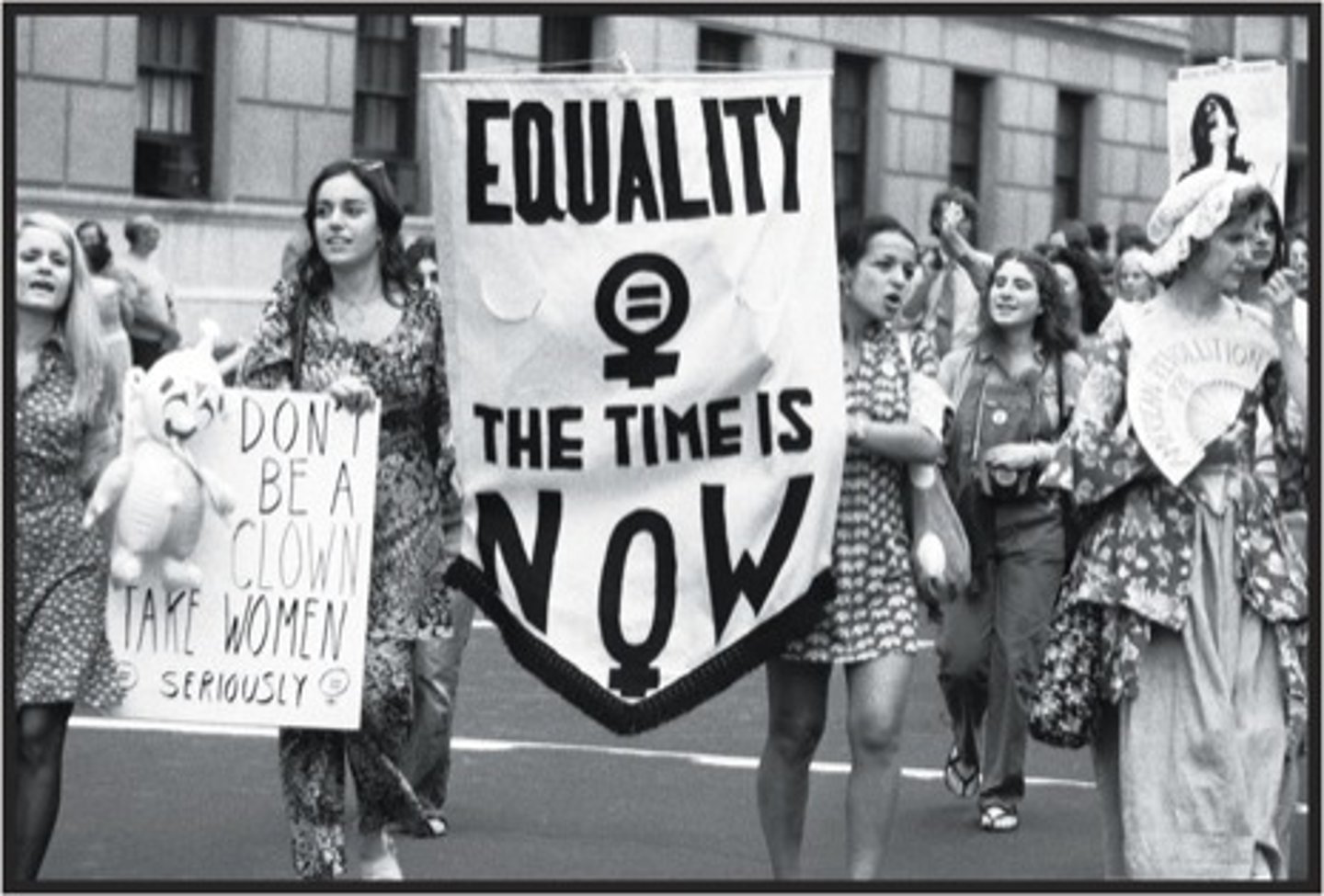
The White Rose Group
Historical context:
- An underground resistance group formed against the Nazis in WW2 made up of students from Munich University.
- Links to the Mayday parade and Underground Femaleroad in Gilead.

Hitler and Nazi Germany
Historical context:
- Books with seditious, undesirable content were burned (Gilead has strong restrictions on literature).
- Hitler's "Third-reich" were encouraged to betray others that were non-supporters (Offred often questions Nick's trust).
- Hitler made Jews where yellow stars (Jews hung in Gilead wore them for recognition).
- In performing genocide and creating acceptance of it, Hitler labelled Jews as less than human (In Chp 30, Offred statesbhow "before you kill, you have to create an it").
- Hitler encouraged zealous admiration of the youth (In Chp 4 a Offred says "The young ones [Guardians] are often the most fanatical").
![<p>Historical context:<br>- Books with seditious, undesirable content were burned (Gilead has strong restrictions on literature).<br>- Hitler's "Third-reich" were encouraged to betray others that were non-supporters (Offred often questions Nick's trust).<br>- Hitler made Jews where yellow stars (Jews hung in Gilead wore them for recognition).<br>- In performing genocide and creating acceptance of it, Hitler labelled Jews as less than human (In Chp 30, Offred statesbhow "before you kill, you have to create an it").<br>- Hitler encouraged zealous admiration of the youth (In Chp 4 a Offred says "The young ones [Guardians] are often the most fanatical").</p>](https://knowt-user-attachments.s3.amazonaws.com/a0bb0b39-8bd0-4d1c-b846-094d5e969480.jpg)
Polygamy
Religious context:
- Pieixoto refers to the replacement of "serial polygamy" (multiple marriages but only one at a time) for the Old Testament, Mormon practice of "simultaneous polygamy" (multiple marriages at once.
- It is "still practiced in the... state of Utah", a reference to the real Mormon "Church of Jesus Christ of Latter-Day Saints".
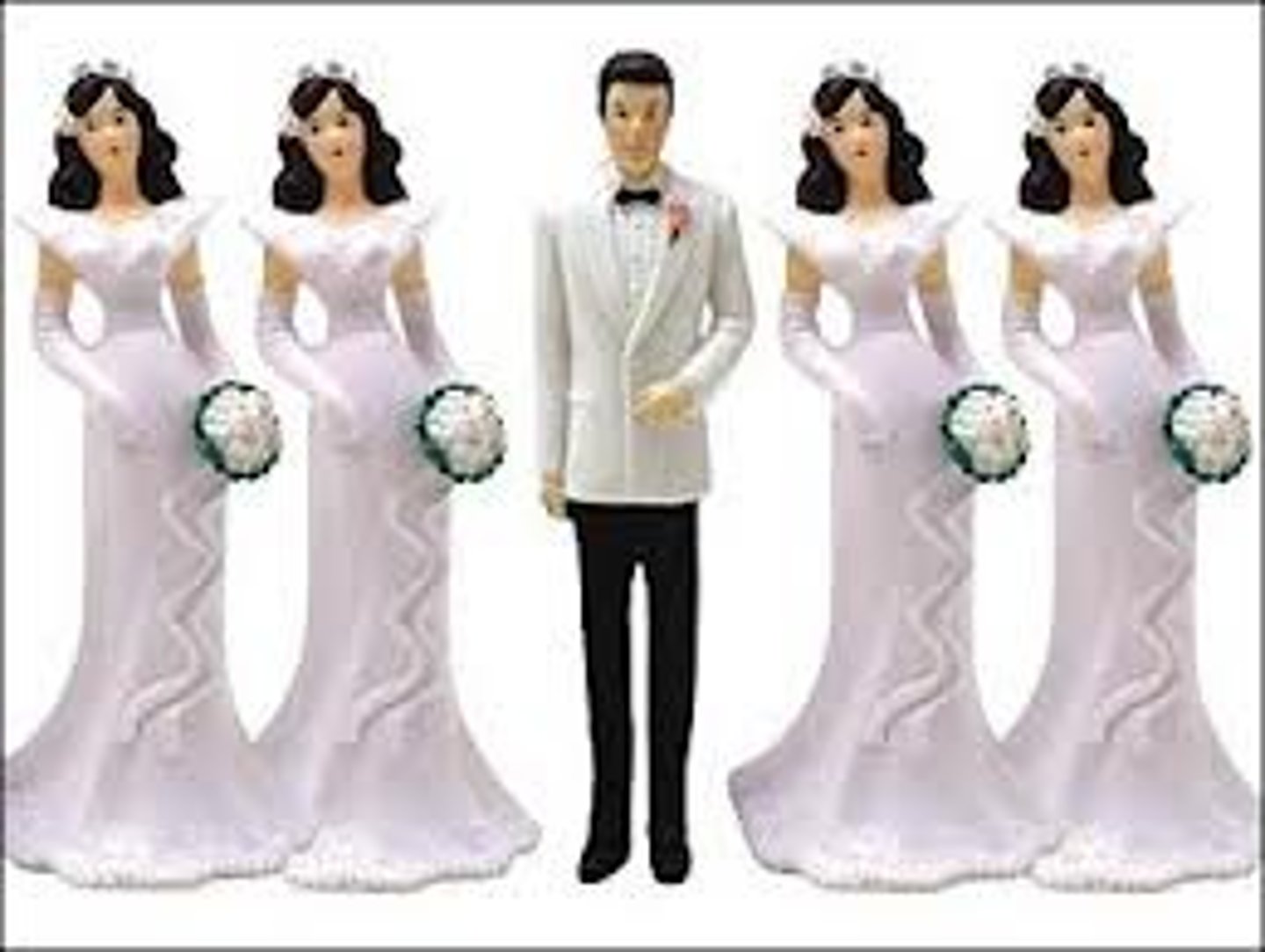
Mormonism
Religious context:
- Began in the 19th century in the USA when Joseph Smith claimed an angel revealed the "Book of Mormon" to him.
- The head church is based in Utah, but the religion has worldwide membership.

The Rachel and Leah Story
Religious context:
- Found in the epigraph and throughout the novel.
- It is a teaching from the book of Genesis that forms the basis of the relationship between Handmaids, Commanders and Wives.
- It sets up sanctioned adultery within marriage as long as the goal is to have children.
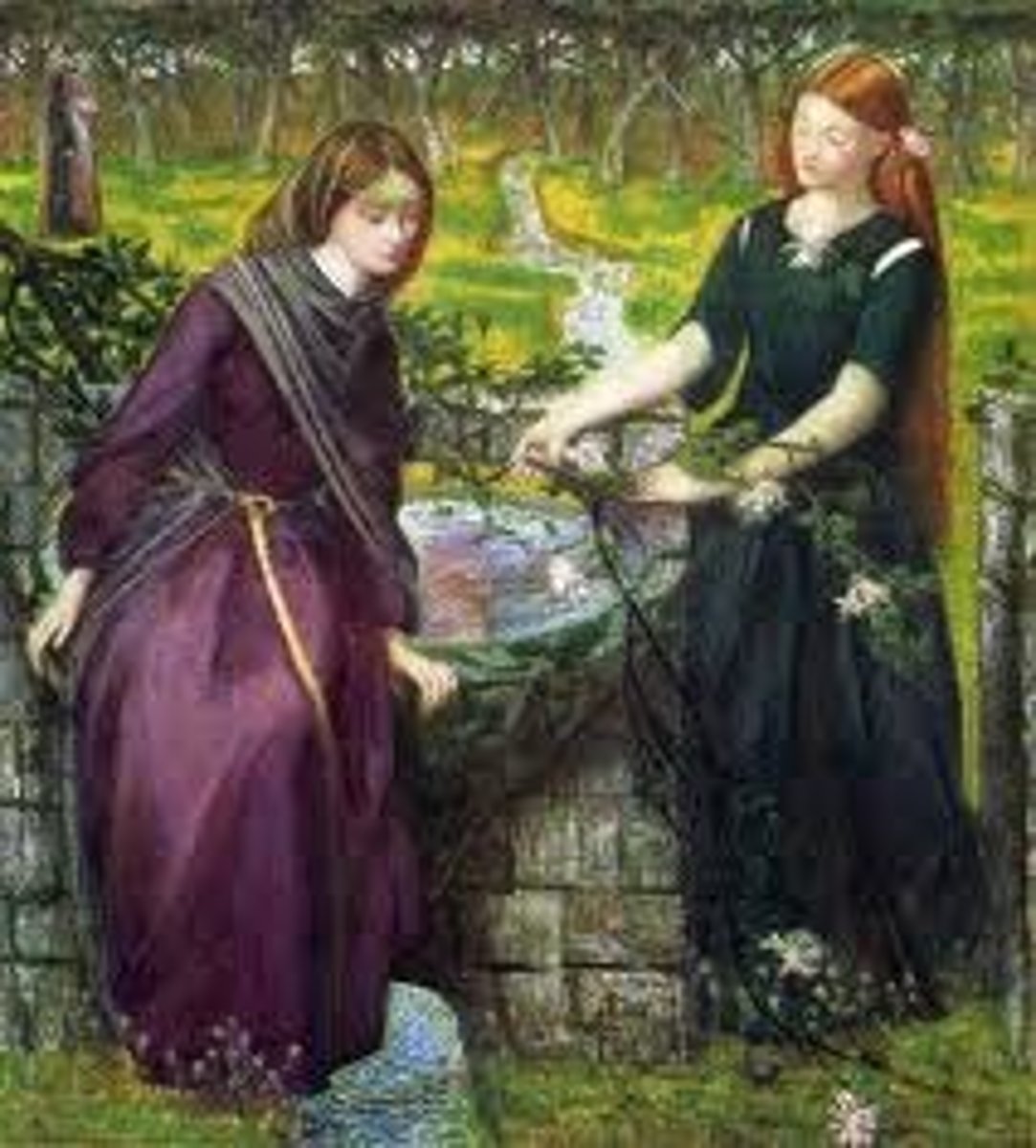
Quakers
Religious context:
- Christians that do not believe in war.
- In WW2 they formed part of the Underground Railroad, as in Gilead they help Moira almost escape in the Underground Femaleroad.

The Sufi Proverb
Religious context:
- A form of philosophical religion found in the epigraph.
- It suggests things aren't acceptable no matter how desperate a situation.

Biblical teachings
Religious context:
- Often manipulated in Gilead as the Handmaid's are unable to get the authenticity as "the bible is kept locked up... it is an incendiary device".
- Wives are allowed to hit wives as it has "scriptural precedent".
- The Old Testament teaches "An Eye For An Eye".
- "Whirlwind" and "Chariot" are used figuratively in the bible, referring to the prophet Elijah.
- The stores have religious names: "Milk and Honey" is the land of the rich in Exodus, "All Flesh" is what humans are called in Genesis when God blames them for all violence and destruction on Earth.
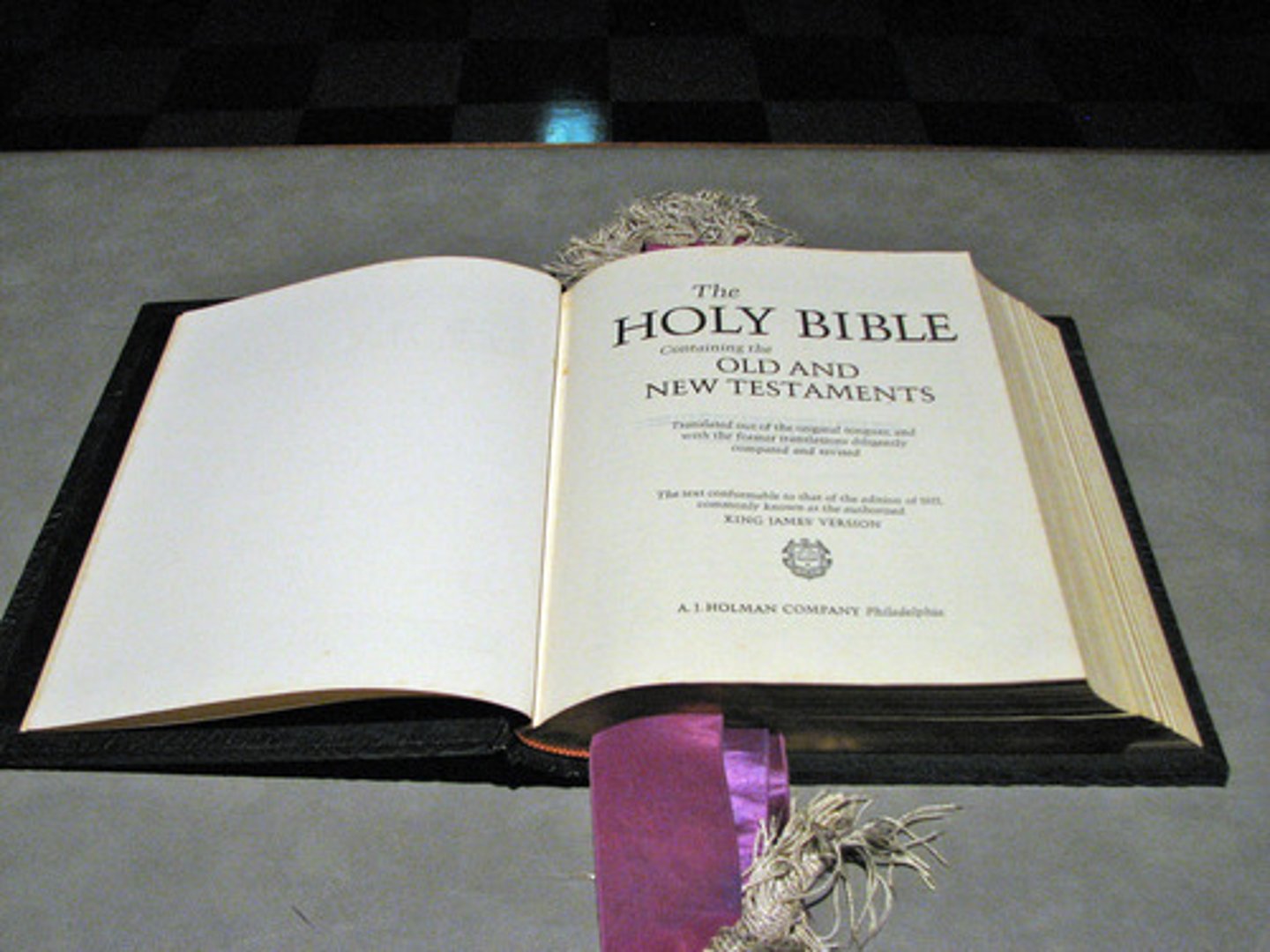
A Modest Proposal
Political context:
- A political satire by Johnathon Swift found in the epigraph.
- It mocks societies that are having too many children to support, contrasting the tone and values displayed in Gilead and The Handmaid's Tale.
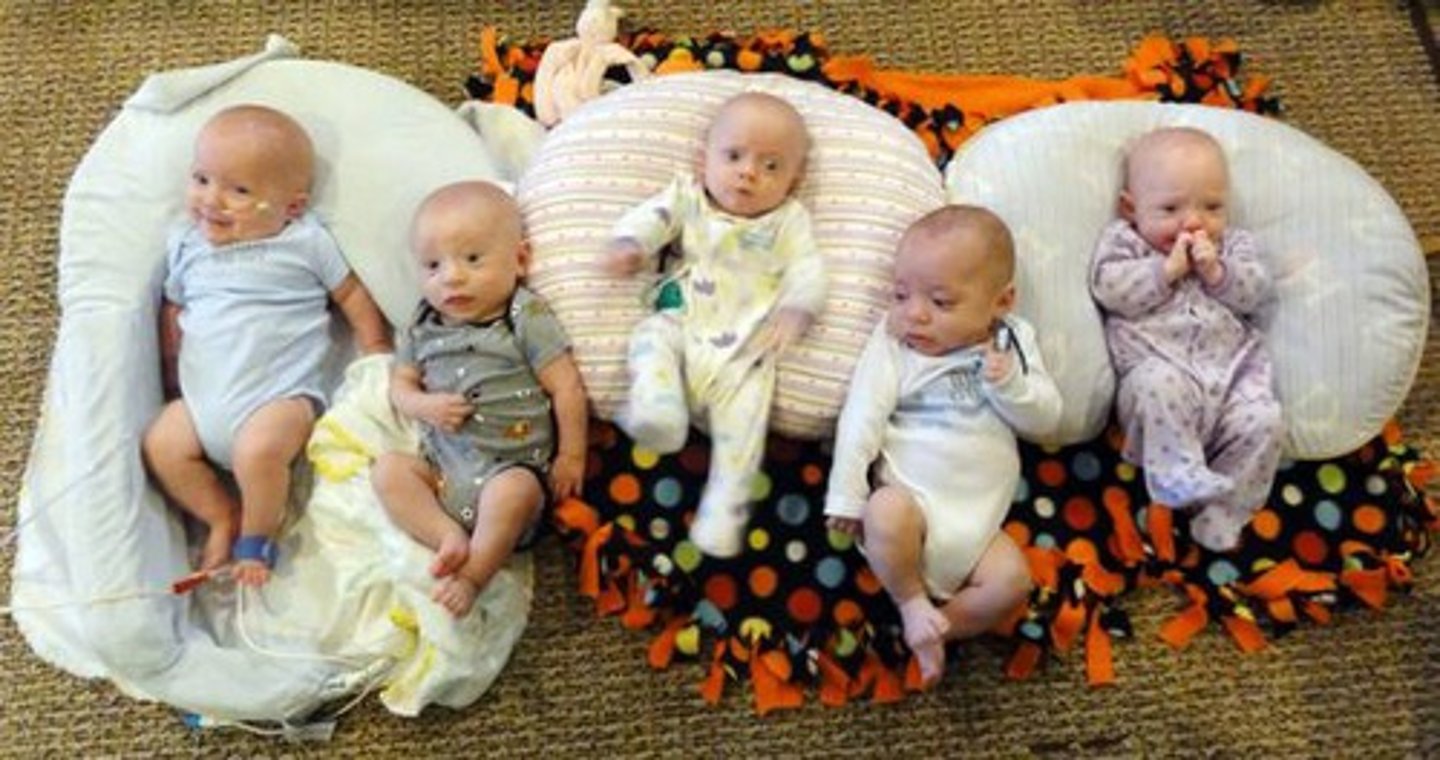
Political Satire
Political context:
- The use of irony, humour, exaggeration or ridicule to expose behavior.
- Atwood draws attention to brutal events in the past and contemporary society, social trends, and the behavior of people to one another, by drawing on examples of regimes that have echoes in Gilead.
Reagan and Thatcher
Political context:
- Both in leadership in 1986 and both strong supporters of conservative politics with very similar ideologies.
- Ronald Reagan made it very difficult for the civil rights movement to pass (the struggle for racial and social justice).
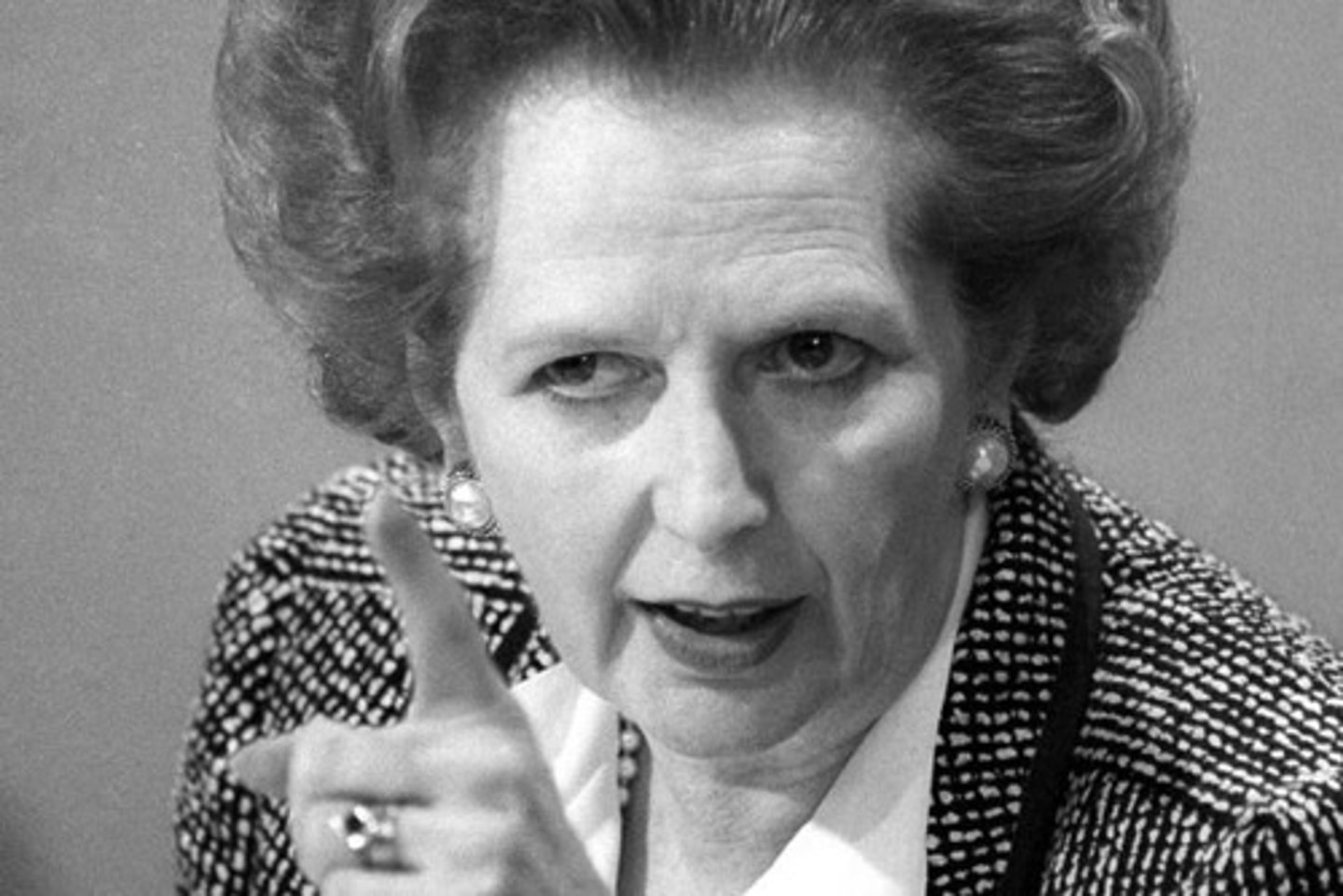
China and the Cultural Revolution
Political context:
- In the 1960s the communist leader felt middle class elements were infiltrating the party so he caused violent social and cultural upheaval.
- He sought out those who supported communism and the youth formed the "Red Guards".
- Uni life ended as intellectuals were singled out.
- Books were also seen as incendiary devices so were burned.
- Children of the middle class were taken and re-educated in communist families.
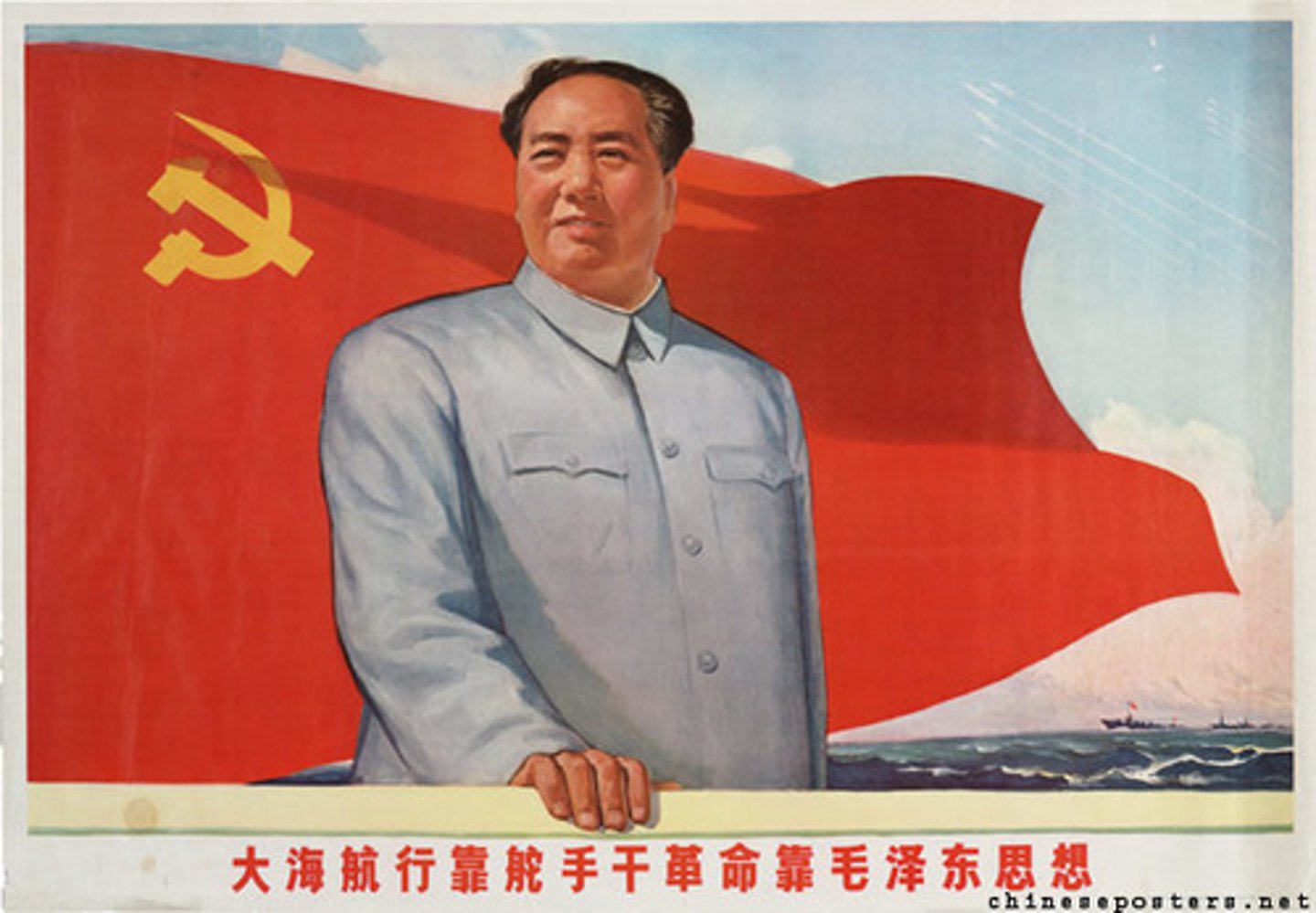
Islamic Groups and Regimes
Political context:
- Atwood visited Afghanistan and Iran so elements of Gilead were made to mirror Sharia Law.
- Similar practices include not allowing women to be educated, ensuring women are escorted, insistence on women being covered and the imposition of public beatings and executions.
- Since publication, Taliban and ISIS fundamentalist groups have gained increasing dominance and threat.
- they film public executions and broadcast them online.
- public executions were known to be carried out in Iran, North Korea, Saudi Arabia and Somalia
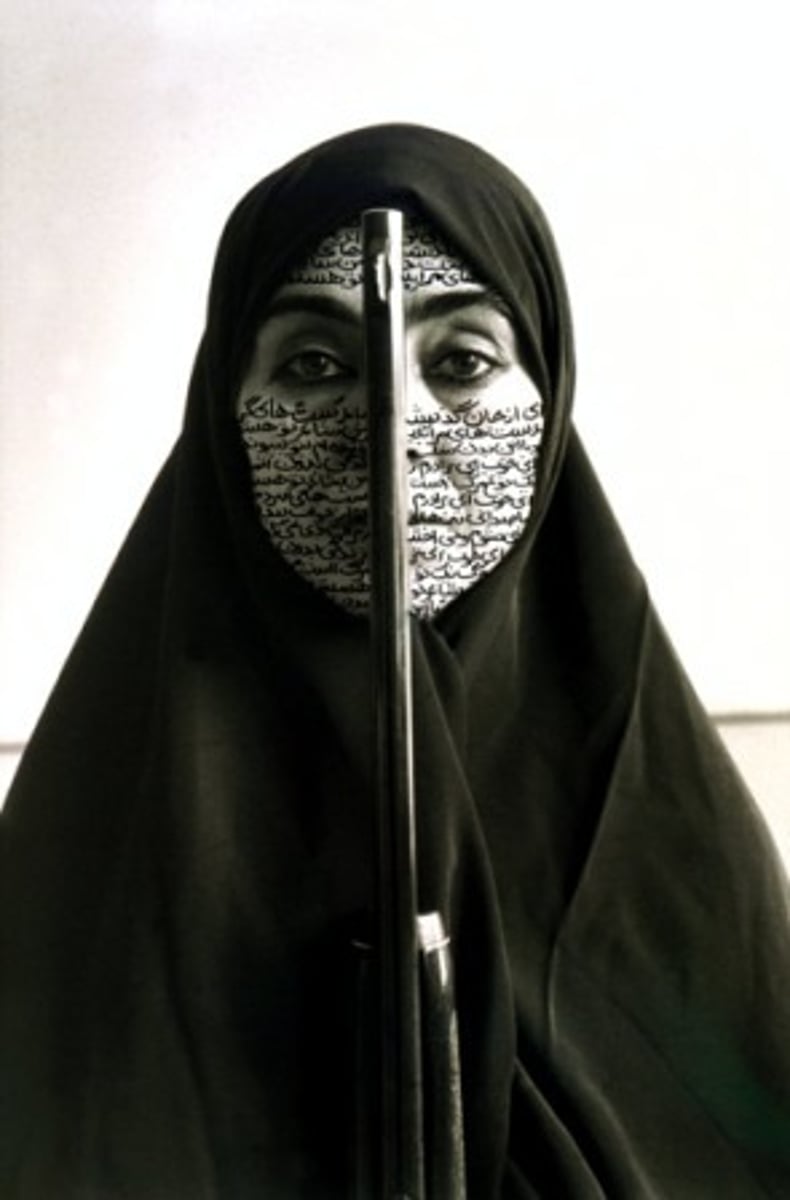
Dystopia common characteristics
- Undesirable vision of society
- Dehumanisation and Objectification
- Oppressive environment or government
- Criticism or reflection of society
- Warning to reader
- Attempt or aim to reach utopia
- Individual resistance or rebellion
- Extreme interpretation of laws
- Faceless oppressors ("The Eyes")
- Paranoid citizens
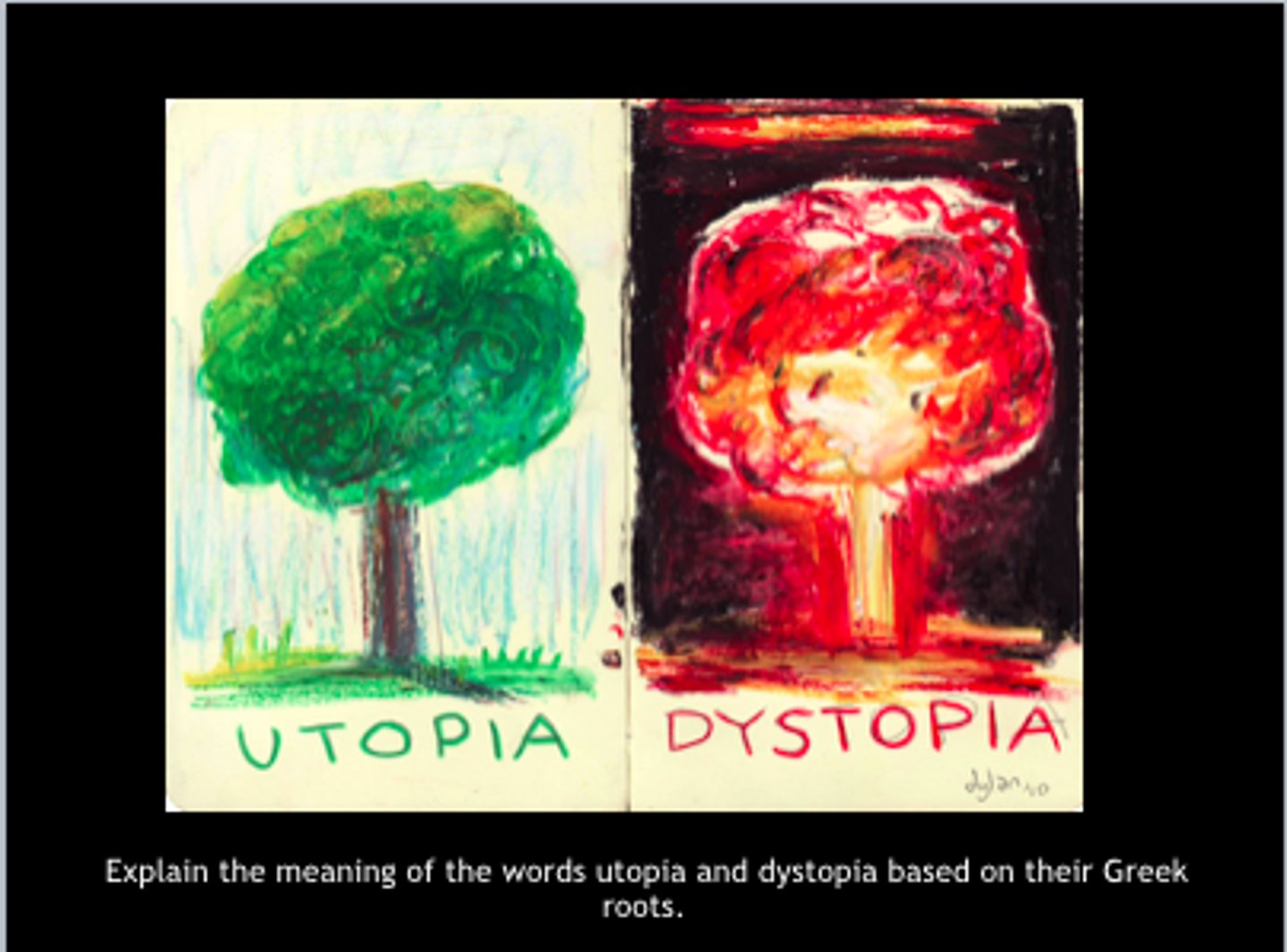
Religious or Philosophical control
Dystopian feature:
- Society is controlled by an ideology.
Dictatorship
Dystopian feature:
- Also known as authoritarianism.
- The enforcement of a regime through totalitarian leadership.
- Requires complete subservience to the state.
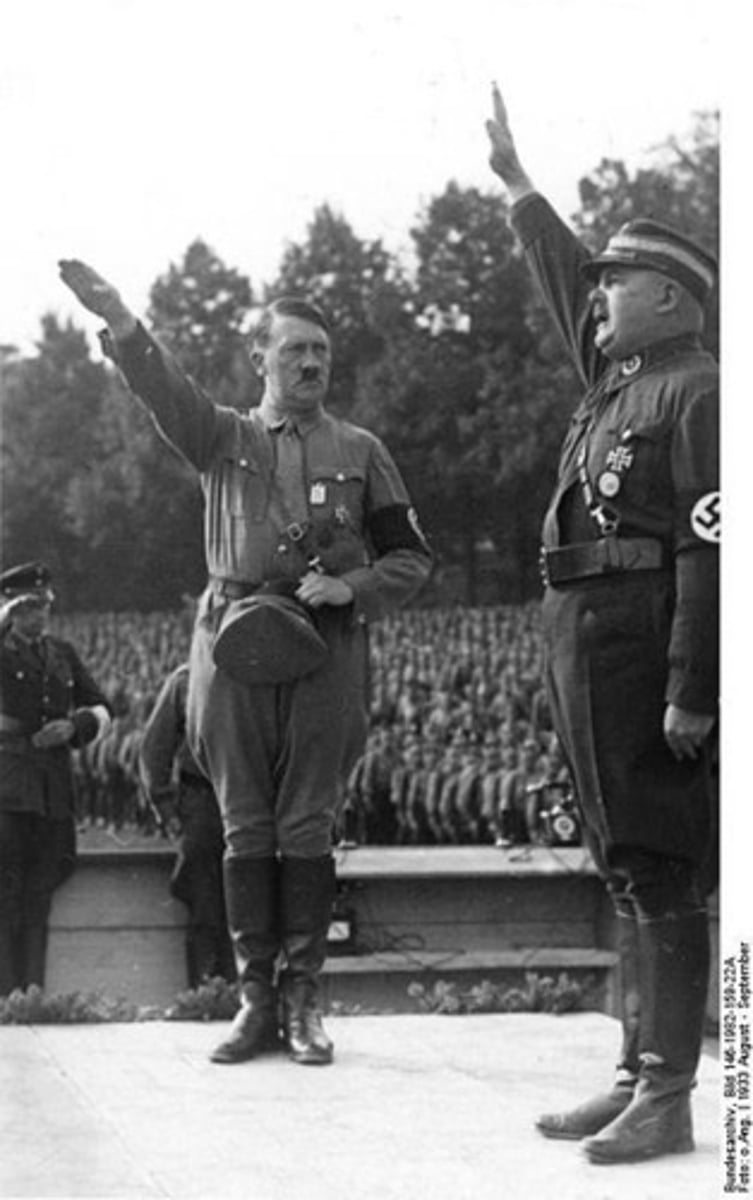
Theocracy
Dystopian feature:
- Gilead is a state run using the 'rules' of religion and using religious teachings as justification for actions.

Misogyny
Dystopian feature:
- The oppression of and prejudice against women as a form of control.
- Misogynistic societies strip women of any power, leaving only men in positions with control.

Professor Pieixoto
The Historical Notes:
- An expert in Gileadean studies.
- His name suggests "Pope Pius IX", a Vatican pope in the 1800s who issued the doctrine of the immaculate conception of the Virgin Mary.
- His reign saw the church fighting to maintain power during the rise of Napoleon.
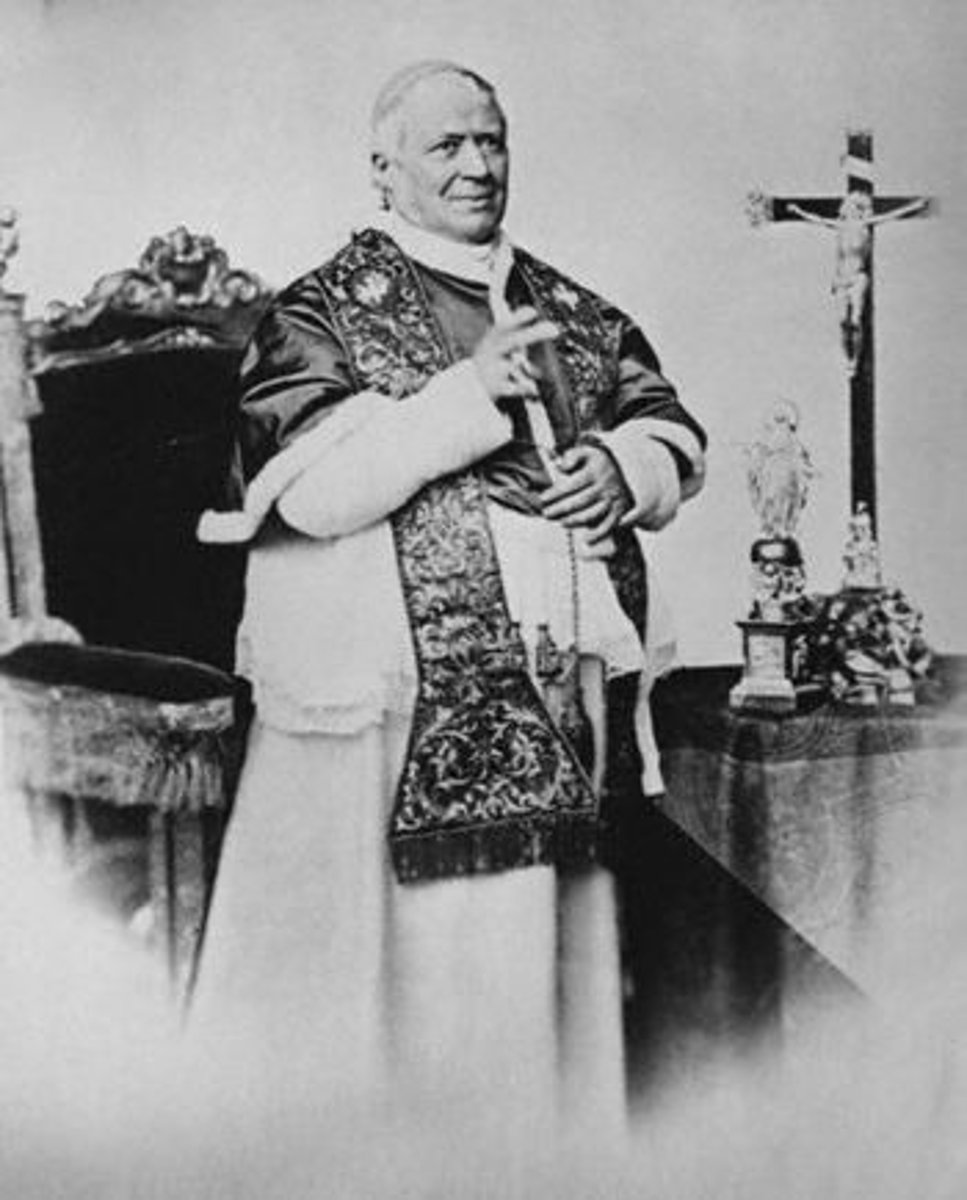
Elvis Presley, Boy George, Mantovani, Twisted Sister, and Lithuanian folksingers
The Historical Notes:
- Music used on the tapes to hide the narrator's recordings, each of which with different implications.
- Elvis is a idolized superstar and sex symbol.
- Boy George is a British rock singer who is openly and proudly bisexual.
- Mantovini is a name synonymous with hypnotically bland elevator music.
- Twisted Sister is a heavy metal rock group whose name echoes Gilead's perversion of womanhood.
- Lithuania was formerly a free state that got subsumed by the Soviet Union in 1940.

Professor Maryann Crescent Moon
The Historical Notes:
- Opens the speech by Pieixoto after beginning with formal announcements.
- She emphasises how times have changed as she is a female and native American academic, all of which would be suppressed in Gilead, giving way to the marginalised groups showing how times have changed.
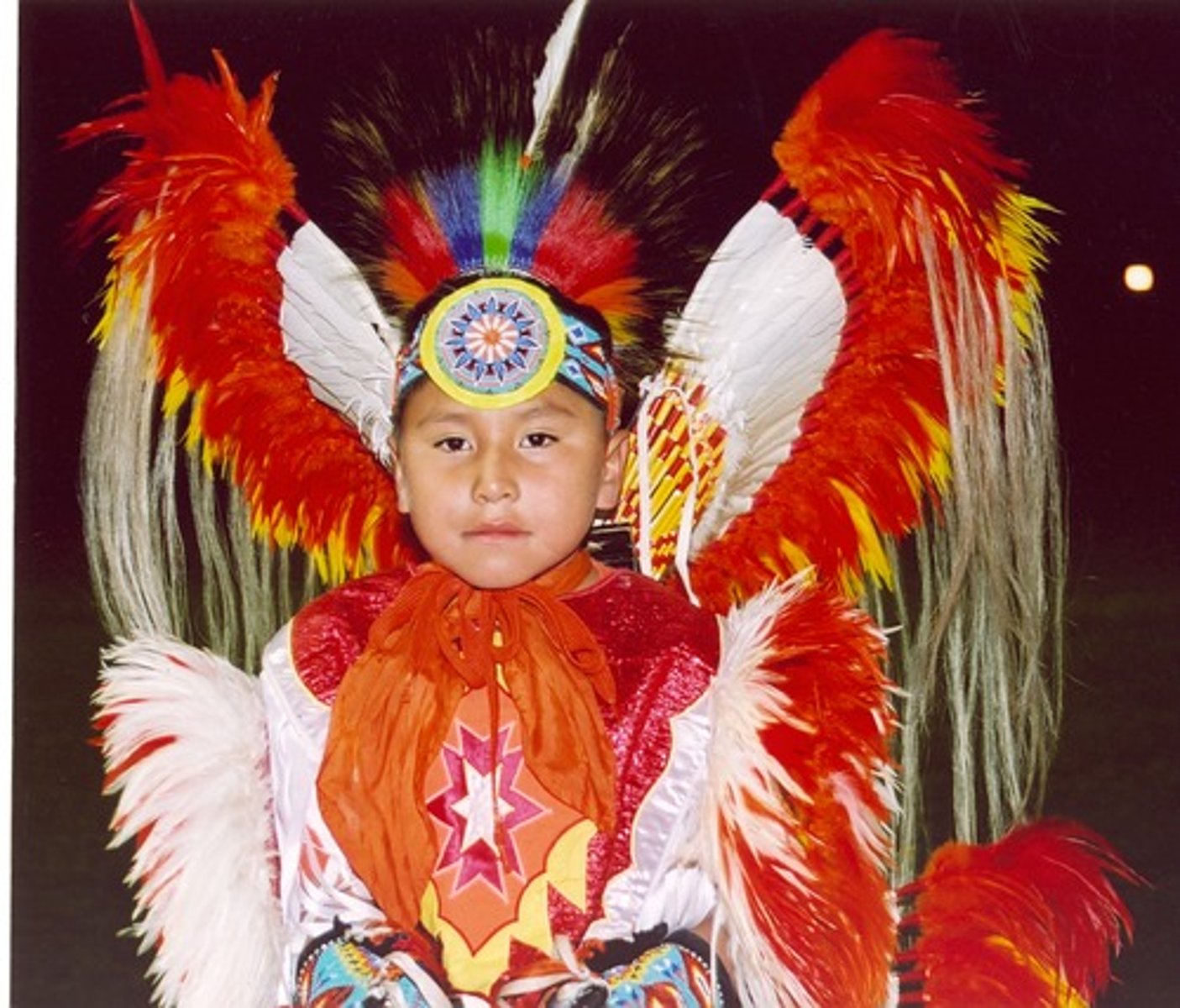
Judgement
The Historical Notes:
- Pieixoto warns against judging Gilead too harshly as such judgements are culturally biased and at the time Gilead was under a good deal of pressure from the falling birth rates and environmental degradation.
- The purpose of Pieixoto asking readers to avoid judgement after Offred has made them despise it shows a moral ambivalence that allows for future evil.

What is discussed in The Historical Notes?
- The identity of the narrator and how their attempts failed to work it out as she was among the first group of Handmaids and some tapes were missing.
- The use of pseudonyms to protect the narrator's loved ones.
- The identity of the Commander being either 'Fredrick Waterford' or 'B. Fredrick Judd' who were both leaders in the early years of Gilead.
- The belittling of Offred's life suggests the patriarchal leanings of the new society.
The Edible Woman
Margaret Atwood:
- Atwood's first novel, in 1969.
- Focuses on a woman who cannot eat but feels like she is being eaten alive emphasising a woman's feeling of separation between her self and her body.
- Links to female liberation.
Genre
Margaret Atwood:
- Claims that Orwell's 1984 was a direct inspiration.
- Classed as 'speculative fiction' as unlike science fiction, it deals with real events.
- Classed as 'metafiction', a self-reflective form of fiction that parallels real life.
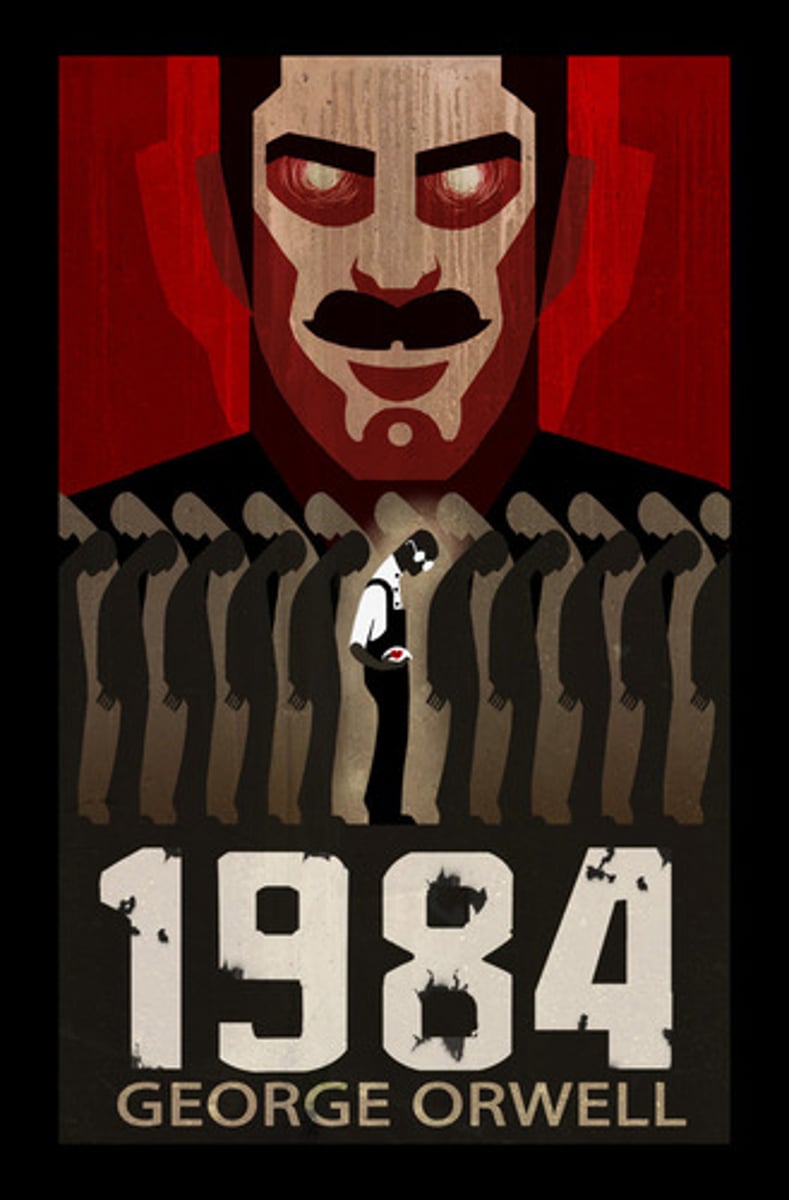
Margaret Atwood background
Margaret Atwood:
- Born in 1939 in Ottawa, Canada, a place she can therefore see as a 'safe haven'.
- She was raised by a forest entomologist so has a strong concern for the environment.

Context of Production (quote)
Margaret Atwood:
"There is noting in the book that hasn't already happened".
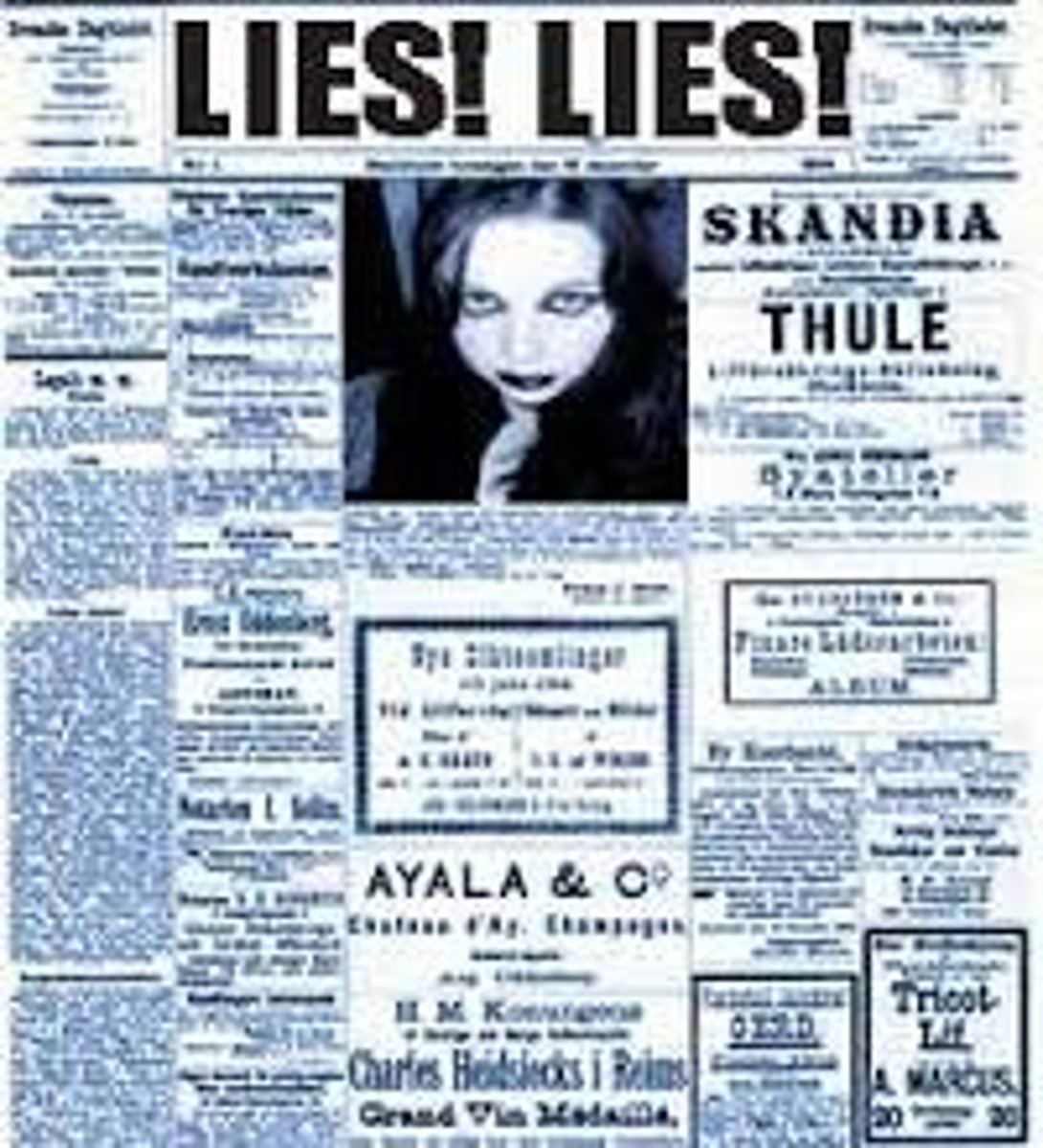
Critical Opinions
- "The writer retains 3 attributes that power mad regimes cannot tolerate: a human imagination...the power to communicate, and hope".
- "The satire in The Handmaid's Tale directs it's criticism towards all of us - feminists and non-feminists, men and women, it warns us of the... subtle domination of women by men, and of our unconscious imprisoning of each other and ourselves by ourselves".
Puritans and America
Followers of the Puritan religion who sailed on the Mayflower established the first successful settlement in America. They had a very strict moral and religious code. They regarded luxury, pleasure and social indulgence as sinful. They also originally used the birthing stool used in Janine's delivery.
Civil Rights
the Aunts carry electric cattle prods, originally used during the American civil rights demonstrations of the 60s.
Pagans
One of Atwood's family members was hung for witchcraft but survived.